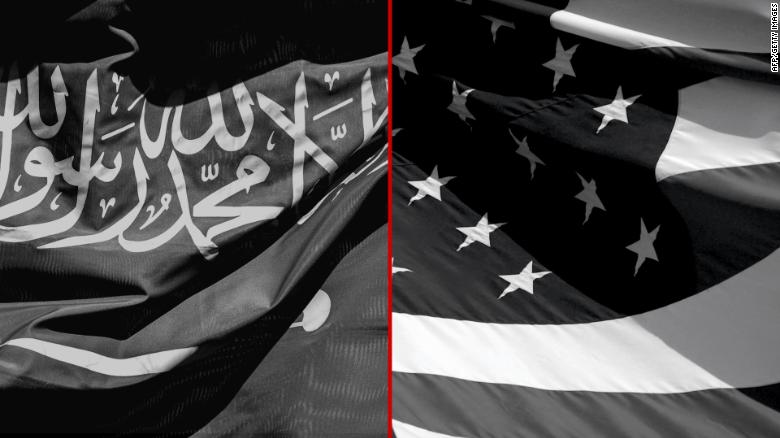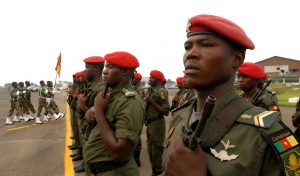Saudi Arabia united the Arab world against Iran. That means conflict could be one step closer

And while this achievement came without bellicose threats or new red lines, it is an important milepost on a road that may yet lead to regional conflict.In middle-of-night, back-to-back summits at Islam’s holiest of sites, the aging but still-attentive Saudi monarch got a double endorsement of his claims that Iran is destabilizing the Middle East and a backing of his call for “the international community to shoulder its responsibility.The six-nation Gulf Cooperation Council and 21 Arab League nations present called for Iran to stop “interfering in the internal affairs” of its neighbors and denounced Tehran’s “threat to maritime security” in the Persian Gulf.For its part, Iran hit back, criticizing the allegations as “baseless” and accusing Saudi Arabia of promoting an “American and Zionist” agenda. Still, Tehran appeared tone-deaf to not one, but two unifying summit communiques urging it to change its behavior. It would be easy to write the King’s success off as the kind of leverage that only petro-dollars can buy, but the region is deeply divided over many issues — not least a searing rift with neighboring Qatar, which has spent two years under an economic and travel embargo imposed by Saudi Arabia.US pressure was applied to get Qatar to send a high-level delegation to the summits. When the country’s prime minister, Sheikh Abdullah bin Nasser al-Thani, showed up, he was the only leader not to get a customary kiss from the King.While he didn’t get much eye contact from some of the leaders gathered around the GCC table, al-Thani did back the Saudi monarch, saying: “Our participation comes from our support to join Arab and Islamic work and our common security and stability.”It marked the sign of a possible thaw in relations, but also the reemergence of Saudi Arabia from pariah to regional power broker again, which is good timing for its key ally, US President Donald Trump, as he doubles down on sanctions and pressure on Iran. In the months since Saudi journalist Jamal Khashoggi was brutally murdered by Saudi officials inside their consulate in Istanbul last October, the desert Kingdom has struggled to find its voice amid international condemnation.The stigma of Khashoggi’s killing isn’t going to be washed away easily, but King Salman will see the events in Mecca this week as proof that he at least has clout.He has used some canny diplomacy, including old school show-and-tell. Leaders landing in Jeddah airport on their way to the summits got a tour of Iranian-made ballistic missiles, and drones fired at Saudi Arabia by Iranian-backed Houthi rebels in Yemen.A simple message — that Saudi is on the front line of Iranian-inspired aggression — was an easy sell. The airport itself, through which millions of Muslim pilgrims pass this time of year, was itself targeted by a Houthi ballistic missile last week. The King, unlike his ally Trump, who prefers the megaphone in his quest for dialogue with Iran’s mullahs, opted for a subtler soft-power effort to tamp down tensions, giving visiting Iranian diplomats plentiful access to Mecca at this deeply religious time.Still, it would be a mistake to dismiss the summits as hot air. It’s true that at these summits in the past, many words have been followed by fewer actions. King Salman himself admitted that “failure to take a firm position against the Iranian regime” in the past had “led to the escalation we see today.” It would also be misleading to conflate the King’s anger at Iran with President Trump’s record of easy lies and a US history of invasion on false premise, notably in neighboring Iraq over WMD 16 years ago, as a joint enterprise to start a new war.Trump’s and Salman’s agendas do intersect on Iran but the King’s new-found regional unity on the issue could quickly crumble if he was seen to pick a fight.What we saw in Mecca was a mark being set, that the status quo with Iran will no longer be tolerated by Saudi and its allies. What happens next is in Iran’s court. Talks are an option, but terrorism, insofar as it is perceived as such by Tehran’s neighbors, is not.







